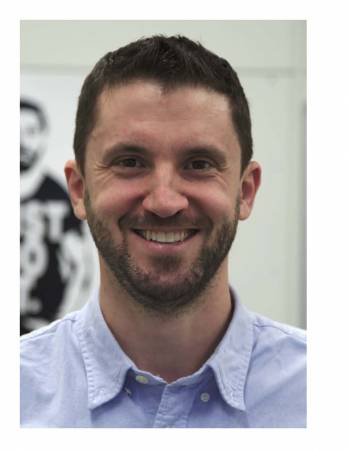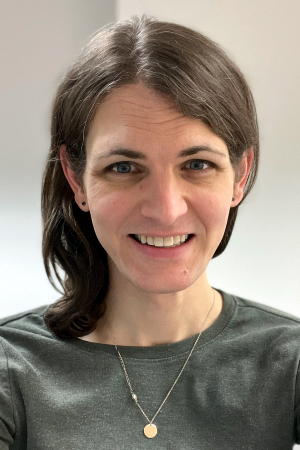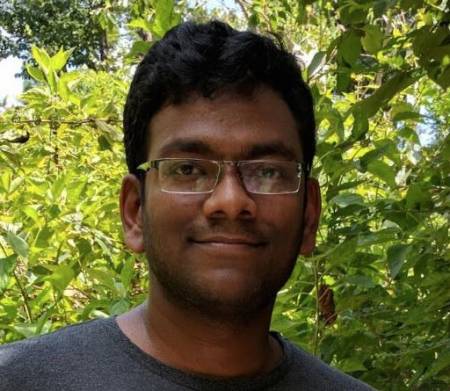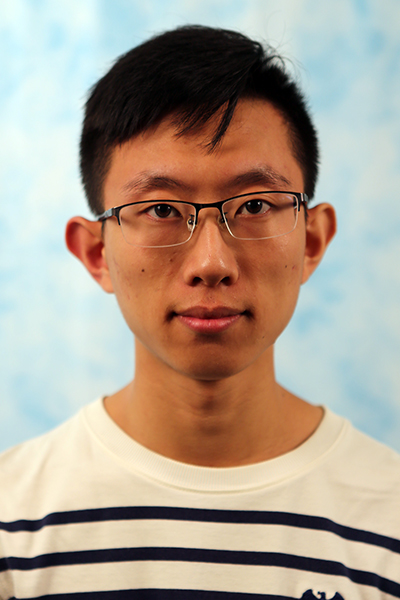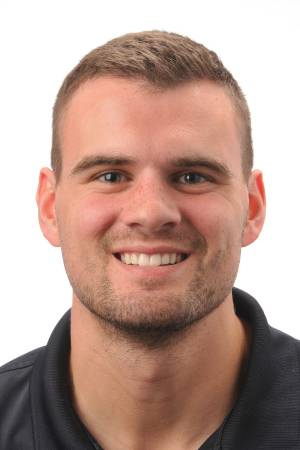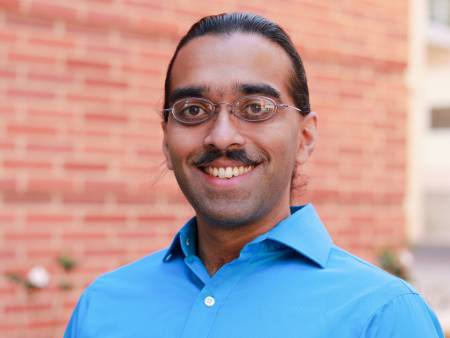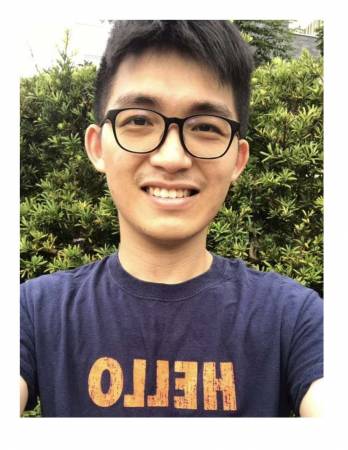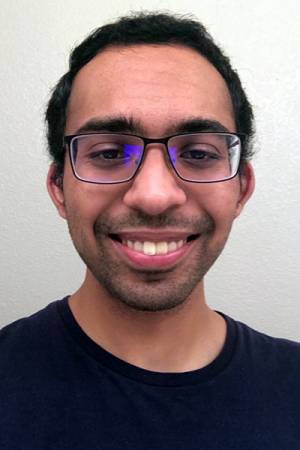Towards editable indoor lighting estimation
Abstract: Combining virtual and real visual elements into a single, realistic image requires the accurate estimation of the lighting conditions of the real scene. In recent years, several approaches of increasing complexity---ranging from simple encoder-decoder architecture to more sophisticated volumetric neural rendering---have been proposed. While the quality of automatic estimates has increased, they have the unfortunate downside [...]
Causal Robot Learning for Manipulation
Abstract: Two decades into the third age of AI, the rise of deep learning has yielded two seemingly disparate realities. In one, massive accomplishments have been achieved in deep reinforcement learning, protein folding, and large language models. Yet, in the other, the promises of deep learning to empower robots that operate robustly in real-world environments [...]
RI Faculty Business Meeting
Meeting for RI Faculty. Discussions include various department topics, policies, and procedures. Generally meets weekly.
Computational imaging with multiply scattered photons
Abstract: Computational imaging has advanced to a point where the next significant milestone is to image in the presence of multiply-scattered light. Though traditionally treated as noise, multiply-scattered light carries information that can enable previously impossible imaging capabilities, such as imaging around corners and deep inside tissue. The combinatorial complexity of multiply-scattered light transport makes [...]
Dense Reconstruction of Dynamic Structures from Monocular RGB Videos
Abstract: We study the problem of 3D reconstruction of {\em generic} and {\em deformable} objects and scenes from {\em casually-taken} RGB videos, to create a system for capturing the dynamic 3D world. Being able to reconstruct dynamic structures from casual videos allows one to create avatars and motion references for arbitrary objects without specialized devices, [...]
Differentiable Collision Detection
Abstract: Collision detection between objects is critical for simulation, control, and learning for robotic systems. However, existing collision detection routines are inherently non-differentiable, limiting their applications in gradient-based optimization tools. In this talk, I present DCOL: a fast and fully differentiable collision-detection framework that reasons about collisions between a set of composable and highly expressive [...]
Towards $1 robots
Abstract: Robots are pretty great -- they can make some hard tasks easy, some dangerous tasks safe, or some unthinkable tasks possible. And they're just plain fun to boot. But how many robots have you interacted with recently? And where do you think that puts you compared to the rest of the world's people? In [...]
Mental models for 3D modeling and generation
Abstract: Humans have extraordinary capabilities of comprehending and reasoning about our 3D visual world. One particular reason is that when looking at an object or a scene, not only can we see the visible surface, but we can also hallucinate the invisible parts - the amodal structure, appearance, affordance, etc. We have accumulated thousands of [...]
On Interaction, Imitation, and Causation
Abstract: A standard critique of machine learning models (especially neural networks) is that they pick up on spurious correlations rather than causal relationships and are therefore brittle in the face of distribution shift. Solving this problem in full generality is impossible (i.e. there might be no good way to distinguish between the two). However, if [...]
Learning via Visual-Tactile Interaction
Abstract: Humans learn by interacting with their surroundings using all of their senses. The first of these senses to develop is touch, and it is the first way that young humans explore their environment, learn about objects, and tune their cost functions (via pain or treats). Yet, robots are often denied this highly informative and [...]
